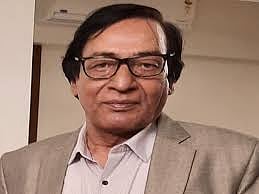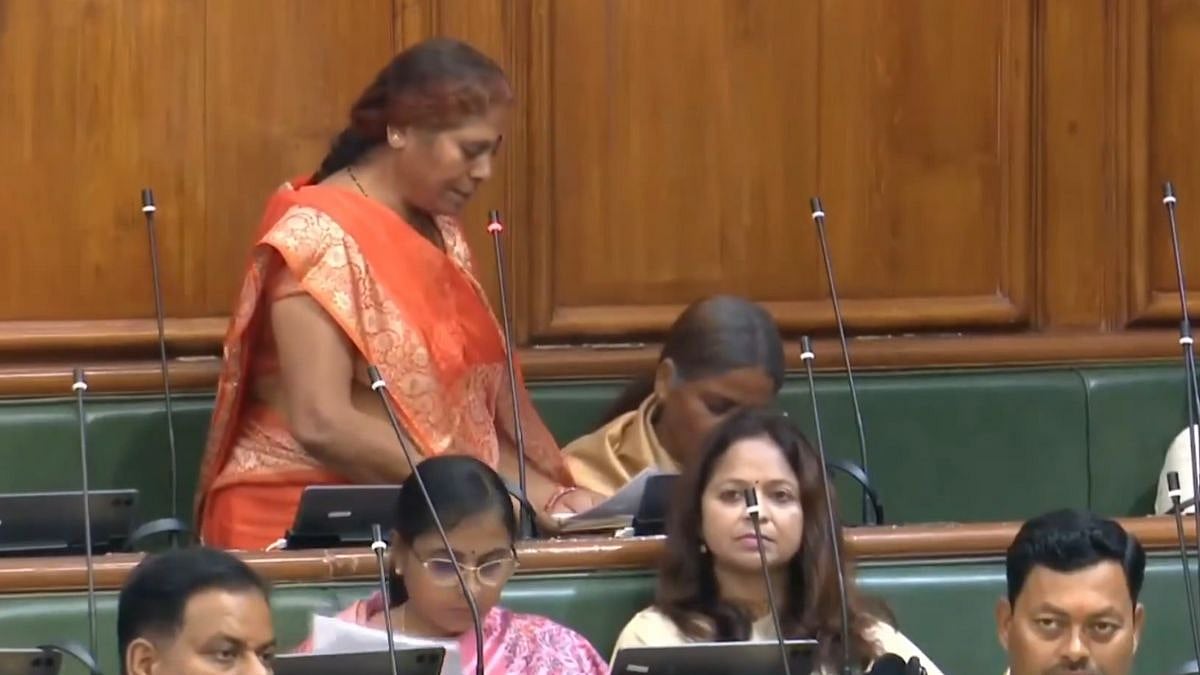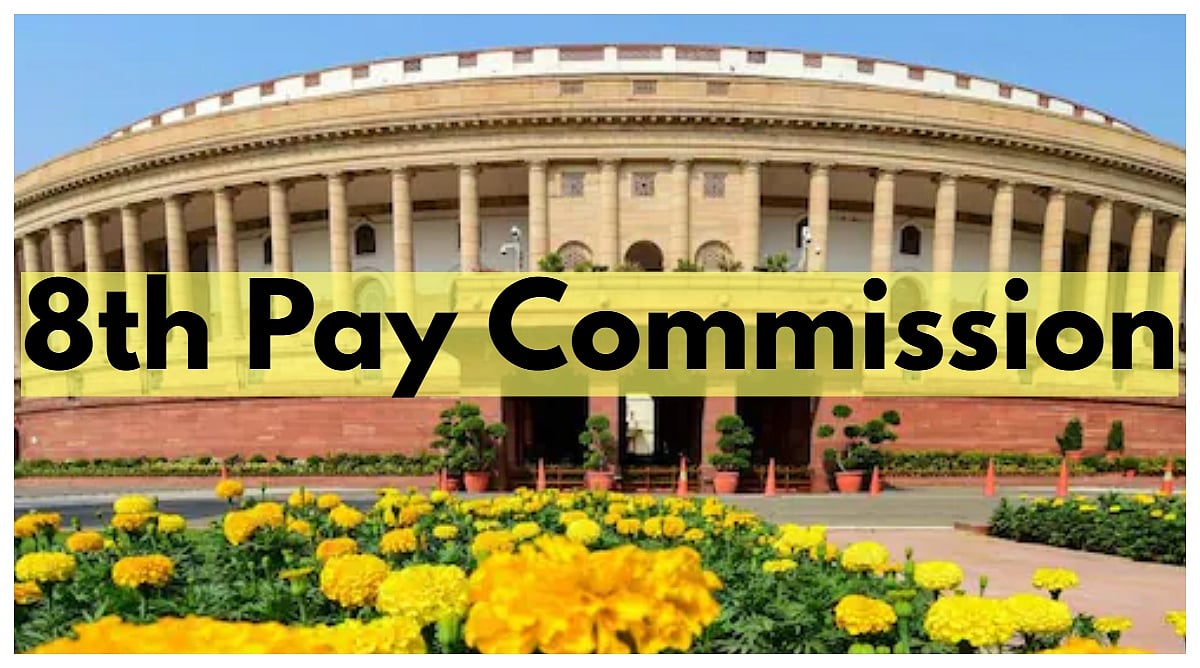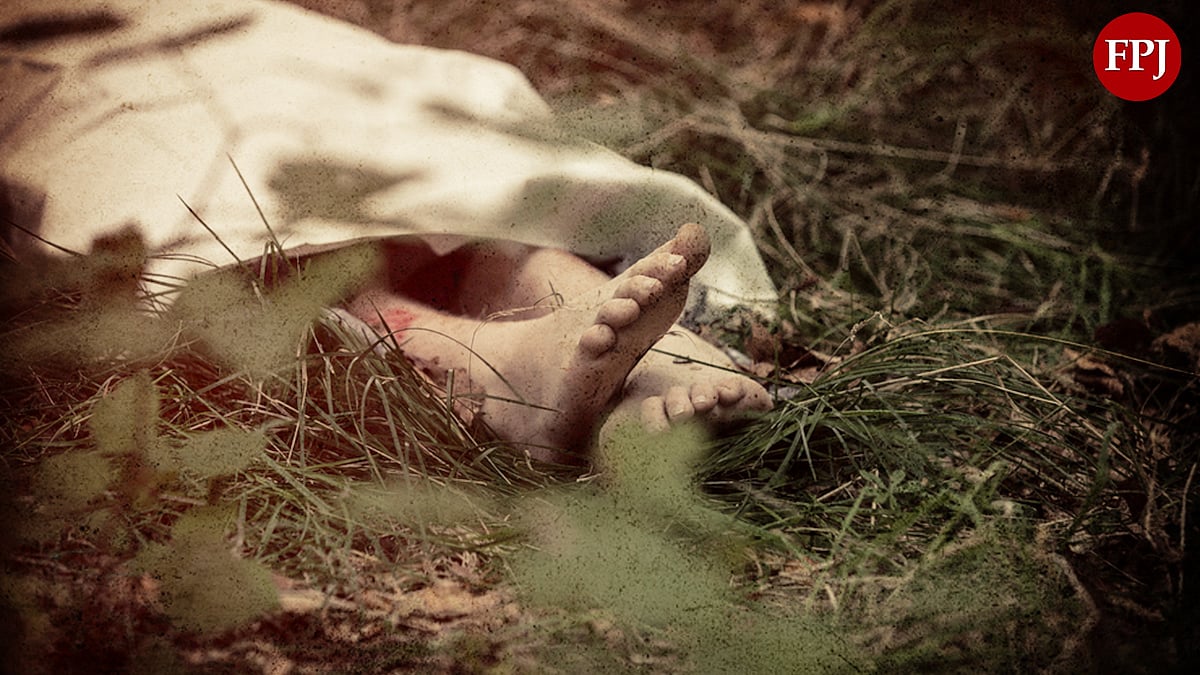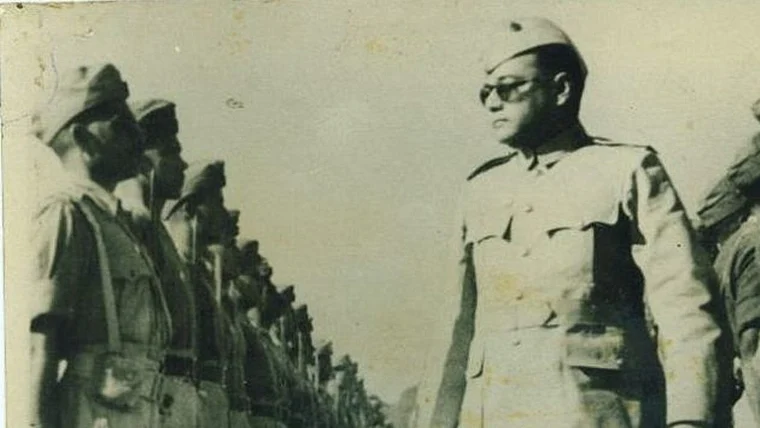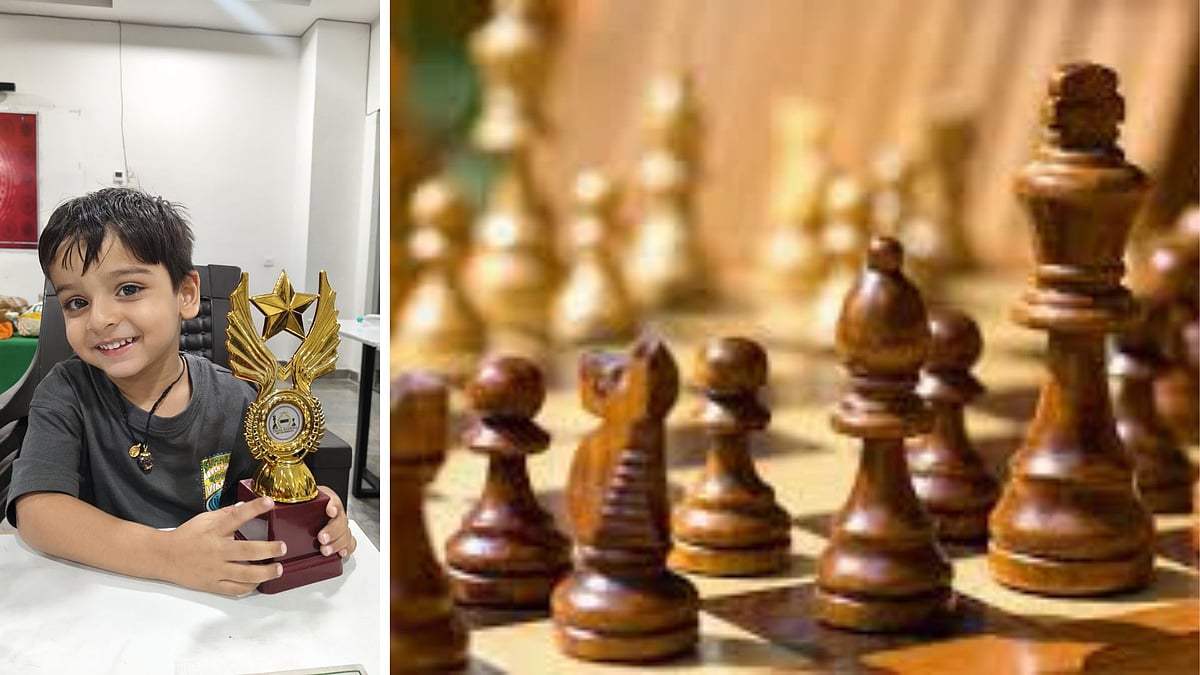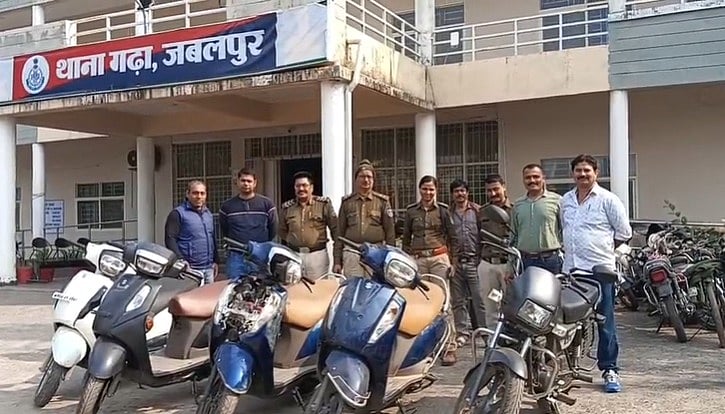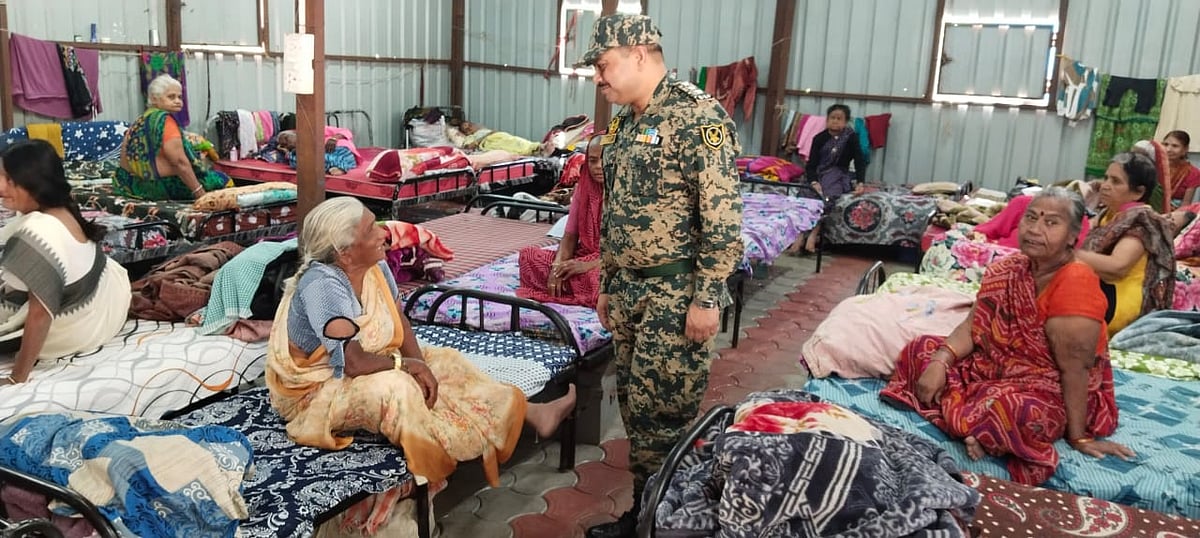BHOPAL: With the passage of time, growing modernization, urbanization and migration of people, there is a great threat of folk and tribal arts, languages and dialects becoming extinct.
Dr Kapil Tiwari (69) has dedicated his life for preserving this invaluable heritage of humanity.
As the director of MP Adivasi Lok Kala Academy for decades he did pioneering work in that direction. He has preserved oral tradition of folk and tribal communities in 50,000 printed pages. He has been awarded Padma Shri this Republic Day.
In conversation with Free Press at his residence at Nirala Nagar in the City, Dr Tiwari talked about what folk and tribal traditions are, why their preservation is crucial and how it should be done.
How important an award is for scholars like you?
Awards are of many types. Any literary or cultural or any other organisation can give you an award. But the Padma awards are in a different class. They are civilian honours of the Republic of India. Getting these awards makes you feel responsible towards the nation, they evoke a sense of duty in you, they inspire you work harder and better in whichever field you are.
How did you develop interest in folk and tribal art? How did the idea of preserving them came to your mind?
You will be surprised to know that I had no interest in and had little knowledge of folk and tribal traditions and culture during my early and student life. In 1979, I did my doctorate in Hindi Literature from Sagar University and came to Bhopal. (IAS officer and Hindi author) Ashok Vajpayee ji drafted me into the Adivasi Lok Kala Academy. It took me two or three years only to understand what Adivasi and folk arts are about. We had no model before us, no precedent. There was no separate body devoted to only folk and tribal arts in any state of the country or at the Central level. We had to build our own path. But as I dwelt deeper, I got fascinated with them which never ended. I did not take my work as a 10-to-5 job but as a mission. I worked without a break for 32 years and when I turn back and look at those years, I feel a great sense of satisfaction. My life may not have been successful but it was definitely meaningful.
You have done pioneering work in preserving folk and tribal arts. How exactly have you done it?
I have used multimedia. I have preserved them in pictures, videos, magazines, monographs, books and survey reports. Performing arts can be preserved by organising performances and festivals. But not oral traditions. They can be preserved only by rendering them into the written word.
How did you choose what to preserve as folk art and what to discard?
Folk art is an art which is not an individual's creation. It is the creation of the community as a whole. It gets passed from generation to generation, it gets refined and changed but its soul remains the same. Give me any song and I would tell you whether it is written by an individual or has come down from generations. An individual has limitations; a community or a society, does not. With time, just as farming has changed, villages have changed, so have folk arts. Now, folk songs mandalis in villages no longer use traditional musical instruments. You may find them using synthesizers. Then, there is also the question of languages and dialects. Folk and tribal languages do not have script, they do not have grammar, they do not have written corpus of literature. So, the danger of they becoming extinct is greater. I have preserved oral tradition of folk and tribal communities in 50,000 printed pages. It is relatively easier to preserve dance and craft. They are tangible. It is difficult to preserve oral tradition because words are abstract.
But if folk and tribal arts disappear from the communities and only remain confined to books, videos and monographs, what would be the use of it?
At least something would remain. Today, the singers of Vedic hymns have disappeared but the Vedas are there. Aren't they? If the folk and tribal arts are preserved, they will remain a part of our tradition, our history. Something is better than nothing.
How is folk art different from tribal art?
You see, tribal communities consider themselves an inalienable part of nature. Their deities, their ancestors and they themselves – all dwell in the same forest. They have a different sense of time – very different from how we view time. On the other hand, folk arts view nature as an outsider. They are based on mythology. Their gods, their ancestors live in a different world.
Do you think festivals, exhibitions and workshops can save tribal and folk arts?
They are useful in some sense. But the question is of vision. These days, the vision is missing. Only events are there. Most of these events are organised by governments. And the officials who organise them are just doing their job. They don't study; they don't see their work as a mission.
How are you occupying your time now?
I am working on producing 25-30 episodes on tribal and folk culture and Indian knowledge tradition. I would be uploading them on YouTube so that they have an international reach. I am also involved in the preparation of a 50-volume encyclopaedia of folk culture. It is a joint venture of the Mahatma Gandhi Hindi Vishwavidyalaya, Wardha, and Indira Gandhi National Centre for the Arts, Delhi.
